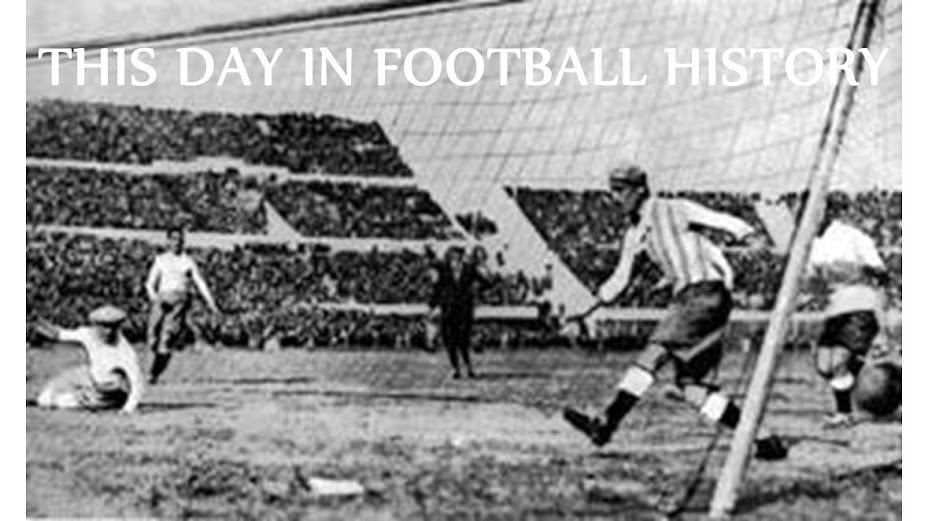 On 8 December 1863, the FA voted to approve the first Laws of the Game, setting forth a set of rules for the growing sport of football.
On 8 December 1863, the FA voted to approve the first Laws of the Game, setting forth a set of rules for the growing sport of football.
The Laws were drafted by FA Secretary Ebenezer Cobb Morley (pictured) and consisted of the following thirteen rules:
1. The maximum length of the ground shall be 200 yards (180 m), the maximum breadth shall be 100 yards (91 m), the length and breadth shall be marked off with flags; and the goal shall be defined by two upright posts, eight yards (7 m) apart, without any tape or bar across them.
2. A toss for goals shall take place, and the game shall be commenced by a place kick from the centre of the ground by the side losing the toss for goals; the other side shall not approach within 10 yards (9.1 m) of the ball until it is kicked off.
3. After a goal is won, the losing side shall be entitled to kick off, and the two sides shall change goals after each goal is won.
4. A goal shall be won when the ball passes between the goal-posts or over the space between the goal-posts (at whatever height), not being thrown, knocked on, or carried.
5. When the ball is in touch, the first player who touches it shall throw it from the point on the boundary line where it left the ground in a direction at right angles with the boundary line, and the ball shall not be in play until it has touched the ground.
6. When a player has kicked the ball, any one of the same side who is nearer to the opponent's goal line is out of play, and may not touch the ball himself, nor in any way whatever prevent any other player from doing so, until he is in play; but no player is out of play when the ball is kicked off from behind the goal line.
7. In case the ball goes behind the goal line, if a player on the side to whom the goal belongs first touches the ball, one of his side shall be entitled to a free kick from the goal line at the point opposite the place where the ball shall be touched. If a player of the opposite side first touches the ball, one of his side shall be entitled to a free kick at the goal only from a point 15 yards (14 m) outside the goal line, opposite the place where the ball is touched, the opposing side standing within their goal line until he has had his kick.
8. If a player makes a fair catch, he shall be entitled to a free kick, providing he claims it by making a mark with his heel at once; and in order to take such kick he may go back as far as he pleases, and no player on the opposite side shall advance beyond his mark until he has kicked.
9. No player shall run with the ball.
10. Neither tripping nor hacking shall be allowed, and no player shall use his hands to hold or push his adversary.
11. A player shall not be allowed to throw the ball or pass it to another with his hands.
12. No player shall be allowed to take the ball from the ground with his hands under any pretence whatever while it is in play.
13. No player shall be allowed to wear projecting nails, iron plates, or gutta-percha on the soles or heels of his boots.
Since 1882, the Laws have been administered by the International Football Association Board, which meets each winter to determine whether any changes to the Laws are required.
























